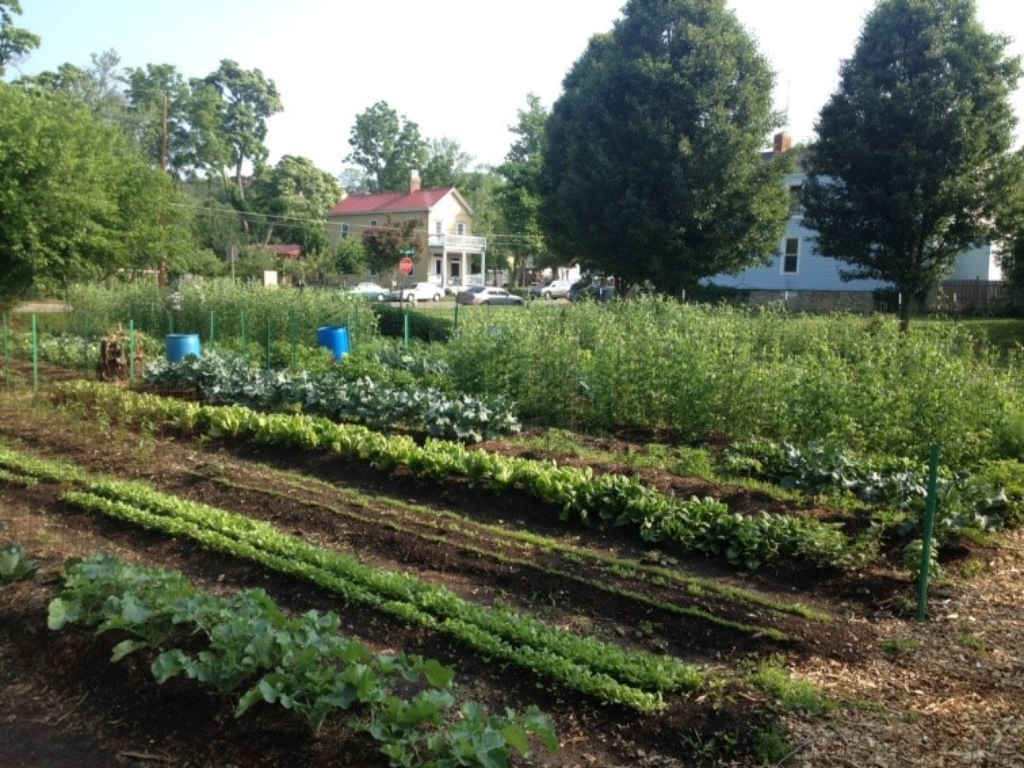The final code went into effect in September 2019. The updates make it easier for residents and businesses to establish community gardens and urban farms, compost food waste, and keep animals for farming purposes. There are also provisions for indoor farming and aquaculture. Importantly, since the old agriculture-related code provided insufficient/scattered coverage and was too restrictive for property owners, the updated code language improves enforcement clarity for inspectors and establishes farming as a right for property owners.
Prior to the code update, farm-stands weren’t allowed, especially in residential areas. Now farm-based businesses are regulated like other home-based businesses. Areas that allow home-based accounting or doctor’s offices now also allow the sale of farm products from home. Similarly, it was difficult to implement community composting because the old code prohibited people from using off-site land materials. Since September, additional stakeholder convenings were held around community composting and gardens. In collaboration with the Hamilton County Solid Waste District, the City and Food Policy Council are working to develop a comprehensive approach to neighborhood composting. The current goals of the community now are establishing best practices for community composting, connecting with interested local businesses, and creating guidelines for composting infrastructure.
Challenges
Due to the complexity and many obligations of those involved with the code revisions, the process took a long time. By nature, updating zoning language is a deliberative process and it is important to keep all participants moving at the same pace and in a similar direction. This, therefore, required all involved departments and organizations to have regular attendance at meetings and provide an allowance for last-minute input from previously non-engaged groups. While the effort was successful in the end, additional staff resources can help future efforts expedite the long planning process.
Another challenge will be making the updated code language accessible to all residents. Zoning code language often includes terms that are unfamiliar to the general public such as the difference between “conditional” and “exemptions.” To address this issue, the Greater Cincinnati Regional Food Policy Council Director created a simple document to make the updated language more accessible and included cross-referencing and linking to other relevant codes.
Keys for Success
Important keys for success were having a stakeholder-driven process, initial political backing from Council, pre-planning from community groups, and an emphasis on ensuring inclusive internal and external engagement processes (such as the inter-departmental collaborations, focus groups, and updating of low-income neighborhoods and communities color).



